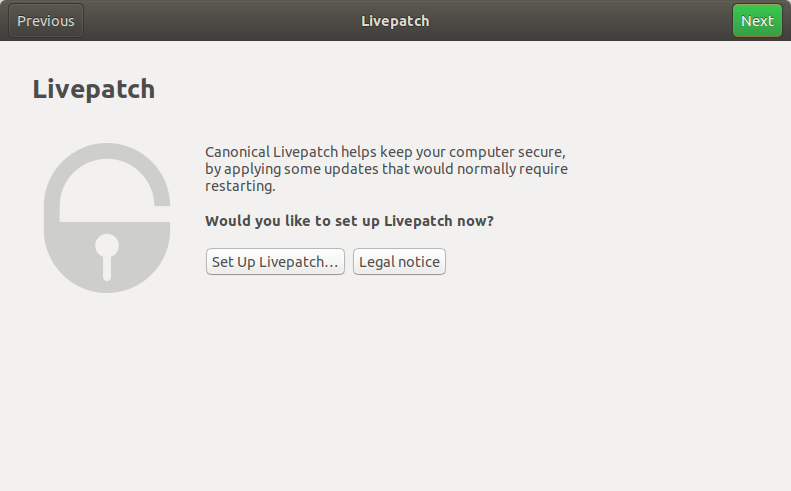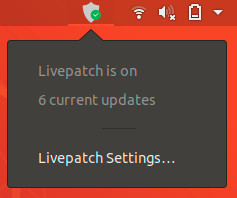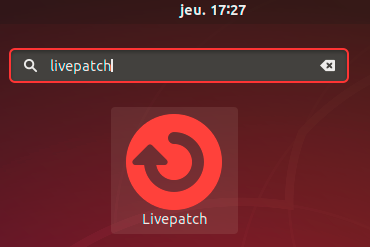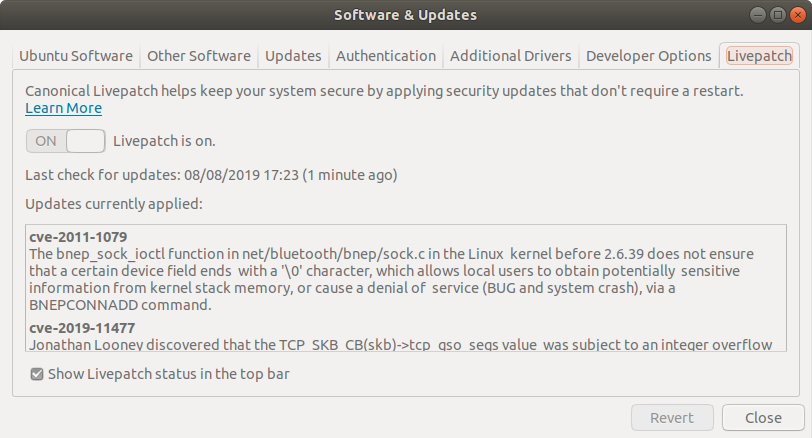Recently Michael blogged about epiphany being outdated in Ubuntu. While I don’t think that a blog ranting was the best way to handle the problem (several of the Ubuntu Desktop members are on #gnome-hackers for example, it would have been easy to talk to us there) he was right that the Ubuntu package for epiphany was outdated.
Ubuntu does provide updates, even for packages in the universe repository
One thing Michael wrote was
Because Epiphany is in your universe repository, rather than main, I understand that Canonical does not provide updates
That statement is not really accurate.
First Ubuntu is a community project and not only maintained by Canonical. For example most of work done in recent cycles on the epiphany package was from Jeremy (which was one of the reason the package got outdated, Jeremy had to step down from that work and no-one picked it up).
Secondly, while it’s true that Canonical doesn’t provide official support for packages in universe we do have engineers who have interest in some of those components and help maintaining them.
Epiphany is now updated (deb & snap)
Going back to the initial problem, Michael was right and in this case Ubuntu didn’t keep up with available updates for epiphany, which has now been resolved
-
- 3.28.5 is now available in Bionic (current LTS)
- 3.32.1 is available in the devel serie and in the Disco (the current stable)
- The snap versions are a build of gnome-3-32 git for the stable channel and a build of master in the edge channel.
Snaps and GTK 3.24
Michael also wrote that
The snap is still using 3.30.4, because Epiphany 3.32 depends on GTK 3.24, and that is not available in snaps yet.
Again the reality is a bit more complex. Snaps don’t have depends like debs do, so by nature they don’t have problems like being blocked by missing depends. To limit duplication we do provide a gnome platform snap though and most of our GNOME snaps use it. That platform snap is built from our LTS archive which is on GTK 3.22 and our snaps are built on a similar infrastructure.
Ken and Marcus are working on resolving that problem by providing an updated gnome-sdk snap but that’s not available yet. Meanwhile they changed the snap to build gtk itself instead of using the platform one, which unblocked the updates, thanks Ken and Marcus!
Ubuntu does package GNOME updates
I saw a few other comments recently along the lines of “Ubuntu does not provide updates for its GNOME components in stable series” which I also wanted to address here.
We do provide stable updates for GNOME components! Ubuntu usually ship its new version with the .1 updates included from the start and we do try to keep up with doing stable updates for point releases (especially for the LTS series).
Now we have a small team and lot to do so it’s not unusual to see some delays in the process.
Also while we have tools to track available updates, our reports are currently only for the active distro and not stable series which is a gap and leads us sometime to miss some updates.
I’ve now hacked up a stable report and reviewed the current output and we will work on updating a few components that are currently outdated as a result.
Oh, and as a note, we do tend to skip updates which are “translations updates only” because launchpad does allows us to get those without needing a stable package upload (the strings are shared by serie so getting the new version/translations uploaded to the most recent serie is enough to have those available for the next language pack stable updates)
And as a conclusion, if as an upstream or user you have an issue with a component that is still outdated in Ubuntu feel free to get in touch with us (IRC/email/launchpad) and we will do out best to fix the situation.





